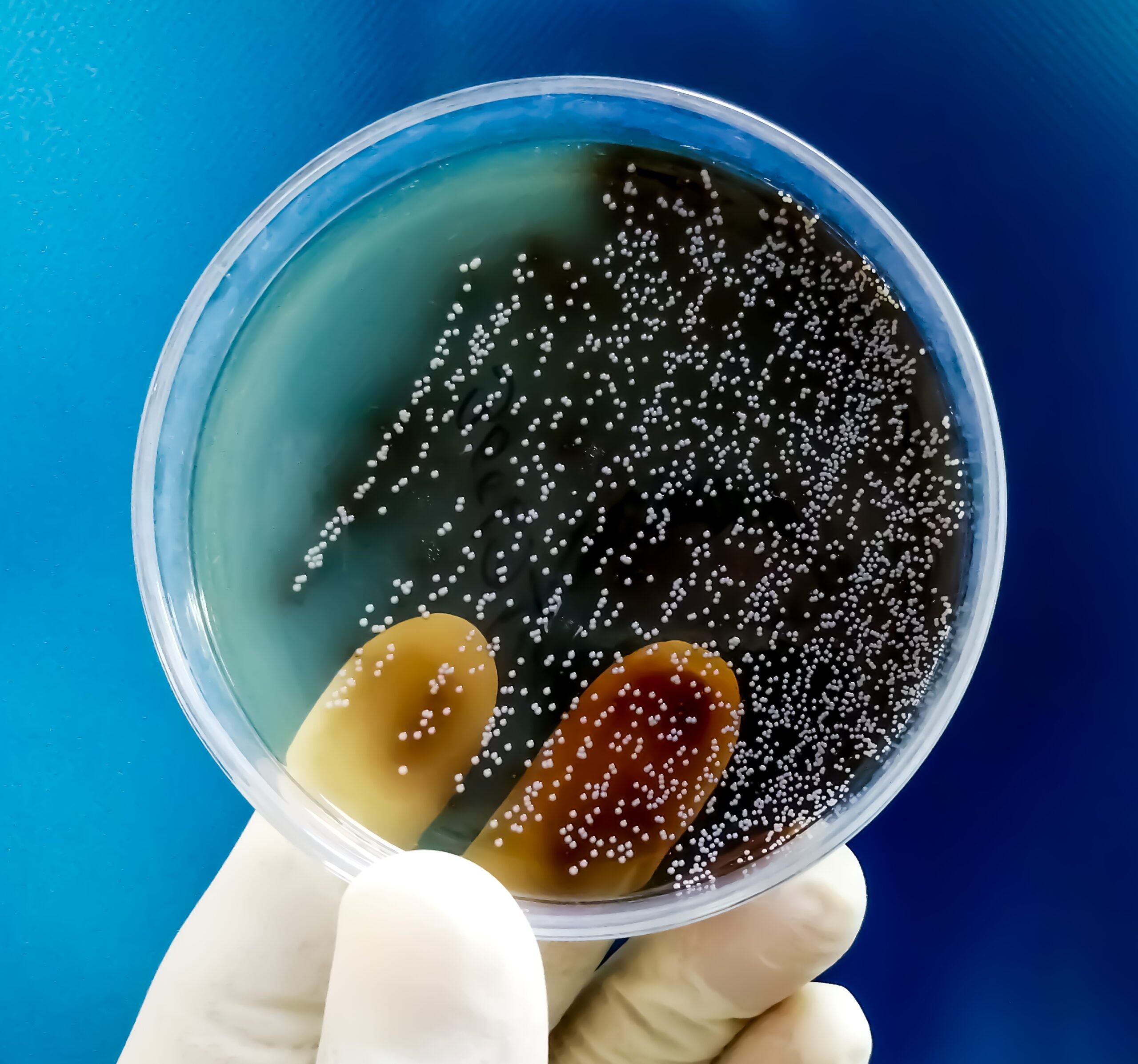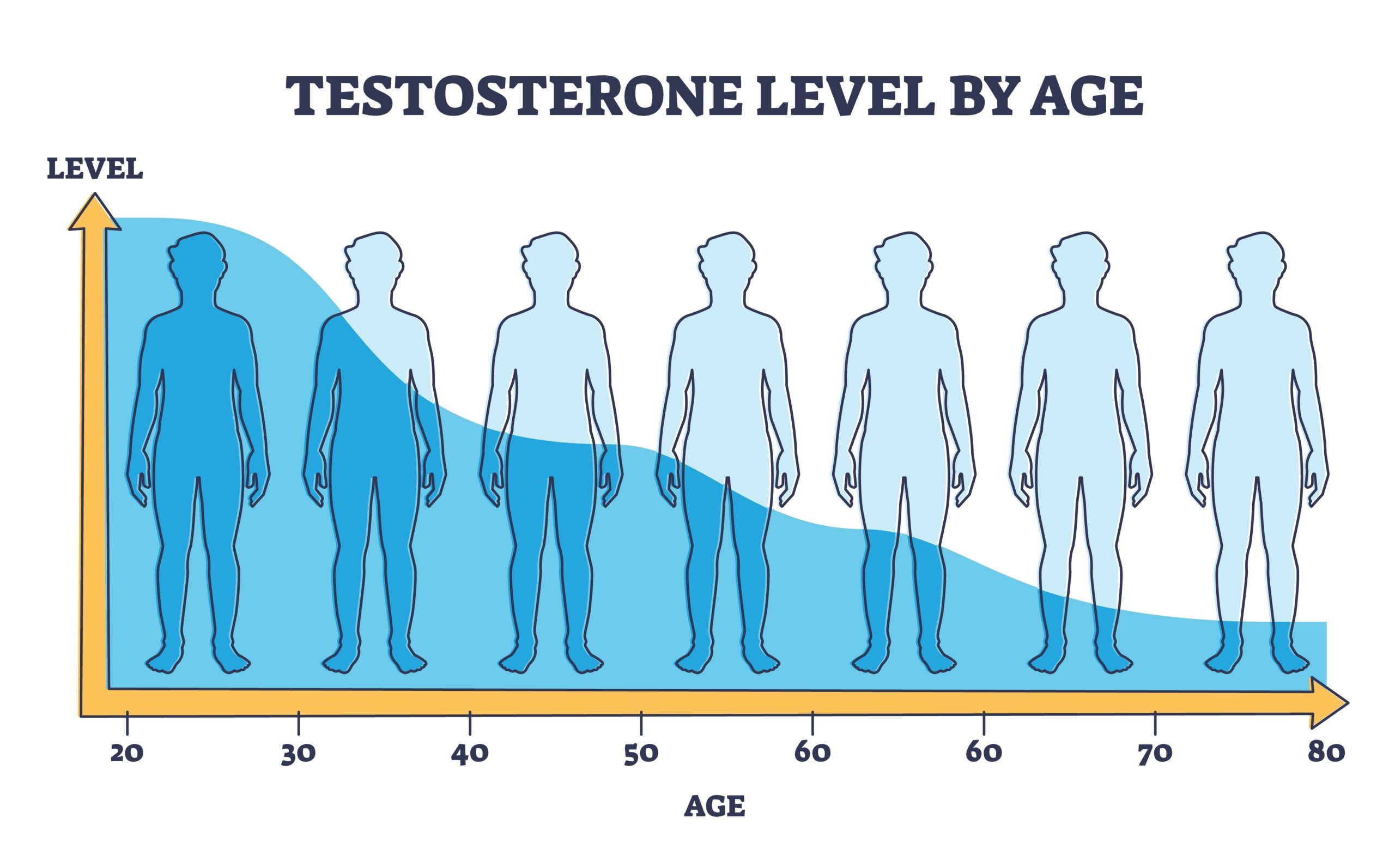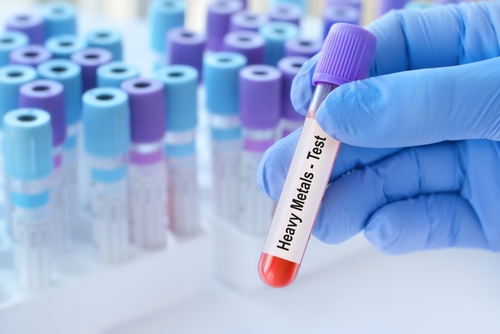If you enjoyed a couple of glasses of champagne over the festive season, don’t despair. Recent research suggests that champagne may have a beneficial effect on the walls of blood vessels.
It has been known for a while that red wine may reduce the risk of heart problems and stroke due to the action of chemicals called polyphenols. These slow down the removal of nitric oxide from the blood, which itself causes blood vessels to dilate, lowering blood pressure. Although polyphenols are found in high levels in red wine, but not white wine, this new research has shown that champagne had a far greater impact on nitric oxide levels in the blood than a polyphenol-free control drink of alcohol with carbonated water.
It is generally accepted that a small amount of alcohol confers health benefits, but that beyond moderate consumption, alcohol intake is associated with liver disease, sleeping disorders, cancer, hypertension and mood disorders. It can also have adverse social effects and can cause people to act irresponsibly.
Polyphenols are found in many foods, notably berries, cocoa, walnuts, peanuts, tea, fruits and vegetables. For the greatest health benefits, therefore, 2 small glasses of red wine or champagne can be added each week to a diet rich in berries, fruits and vegetables. Pregnant women are advised to avoid alcohol entirely.
To find out more about Cardiovascular / Heart Health click here
To find out more about health tests for Cardiovascular disease /Heart Health click here




